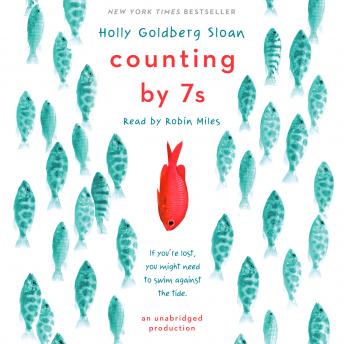

When it happens to sweet, Disney princess–like Sophie and her friend Agatha, plain of features, sour of disposition and low of self-esteem, they are both horrified to discover that they’ve been dropped not where they expect but at Evil and at Good respectively. Those who survive to graduate become major or minor characters in fairy tales. Relying heavily on serendipity-a technique that only adds, alas, to the “leave no stone unturned” feeling of the story-the plot resolves in a bright and heartfelt, if predictable conclusion.ĭespite its apparent desire to be all things to all people, this is, in the end, an uplifting story.Ĭhainani works an elaborate sea change akin to Gregory Maguire’s Wicked (1995), though he leaves the waters muddied.Įvery four years, two children, one regarded as particularly nice and the other particularly nasty, are snatched from the village of Gavaldon by the shadowy School Master to attend the divided titular school. With these characters’ ages running the gamut from 12 to high school to mid-30s and their voices included in a concurrent third-person narration along with Willow’s precise, unemotional first-person narration, readers may well have a hard time engaging.

Along the way, her fate intertwines with those of a confident high school girl named Mai and her surly brother, Quang-ha their energetic, manicure-salon–owning mother, Pattie (formerly Dung) Jairo Hernandez, a taxi driver with an existential crisis and a failure of a school counselor named Dell Duke.

Losing her parents propels her on her hero’s-journey quest to find belonging. Outside of her parents, she has a hard time making friends since her mishmash of (also convenient, plotwise) interests-disease, plants and the number seven-doesn’t appeal to her fellow middle-grade students. Twelve-year-old genius Willow Chance was adopted as an infant by her “so white” parents (Willow is mixed race) and loses them both in one afternoon in a convenient (plotwise) car accident. A story of renewal and belonging that succeeds despite, not because of, its contrivances.


 0 kommentar(er)
0 kommentar(er)
